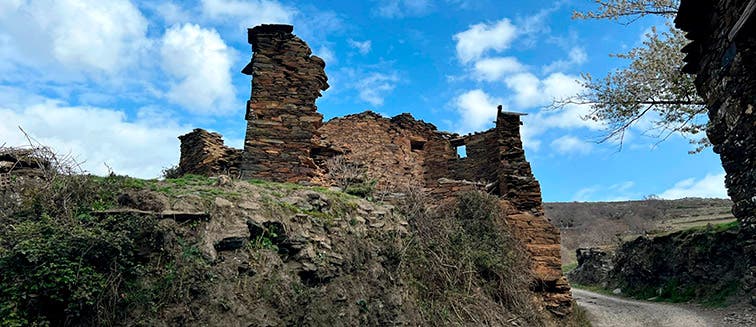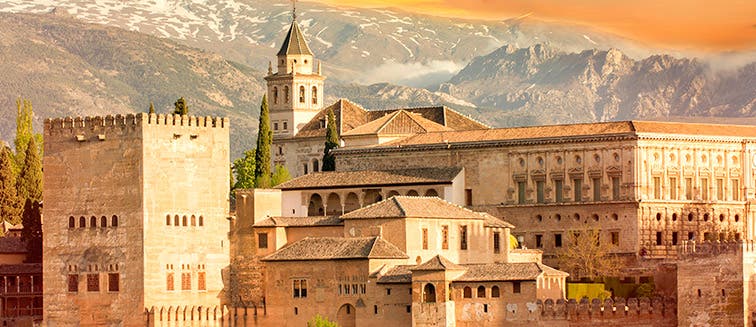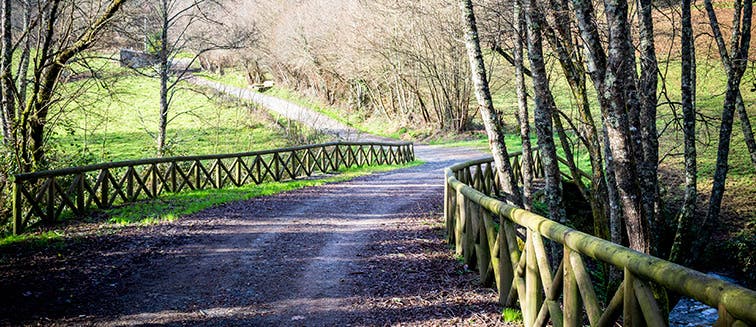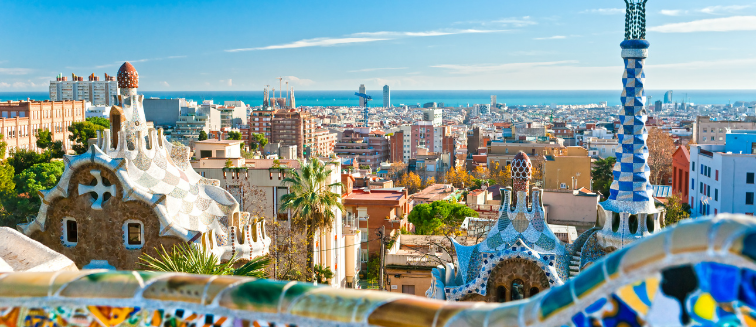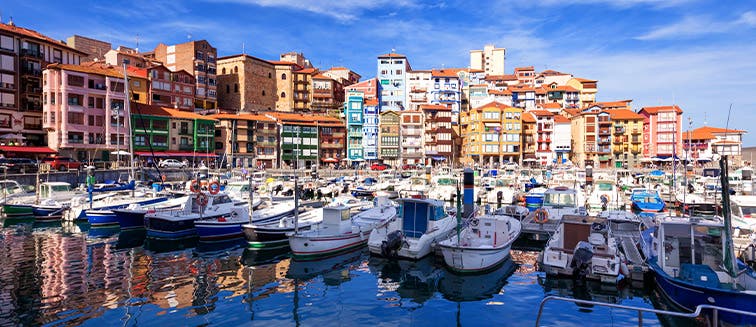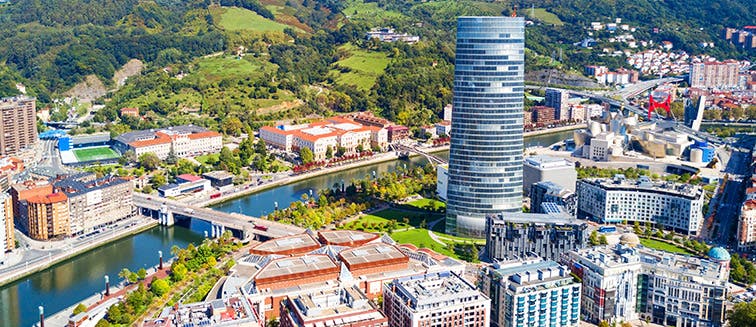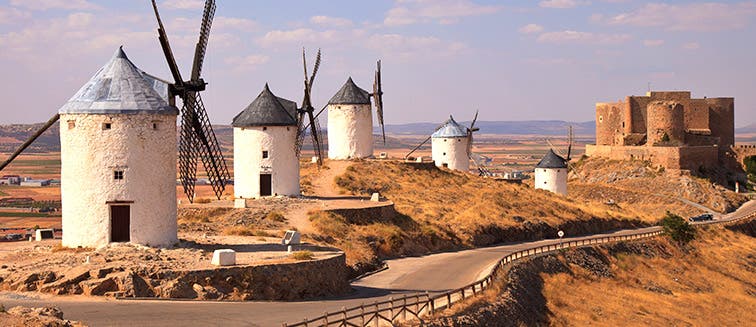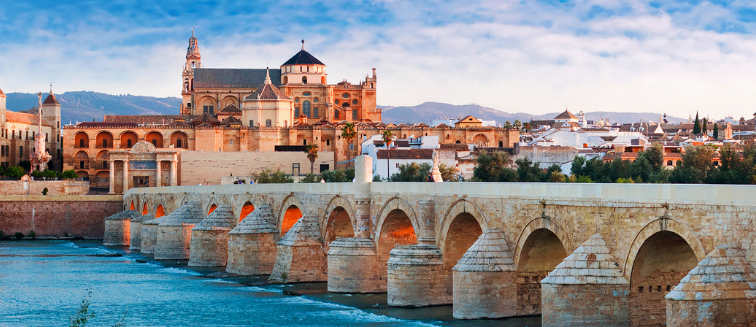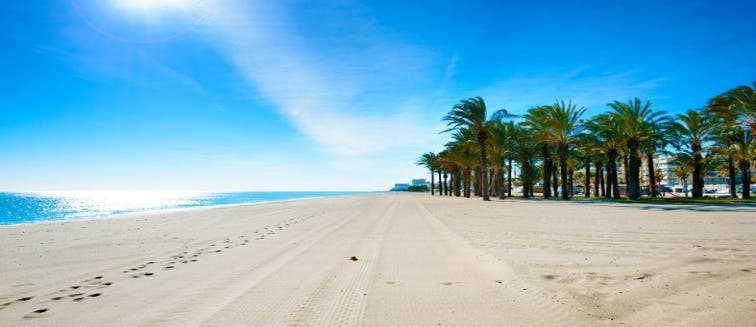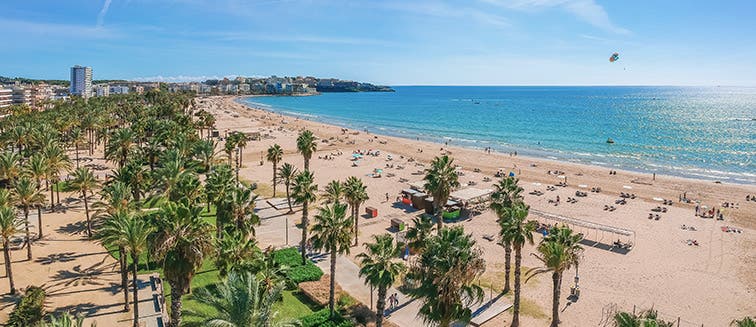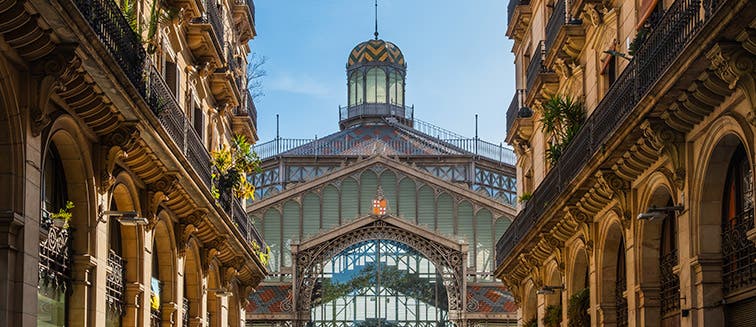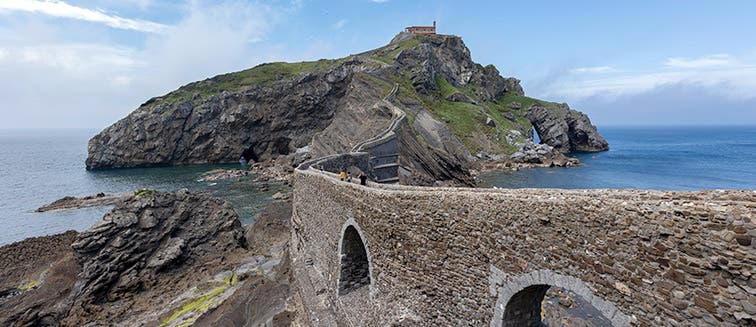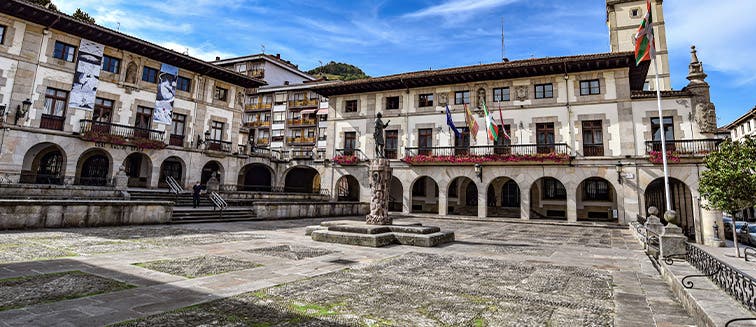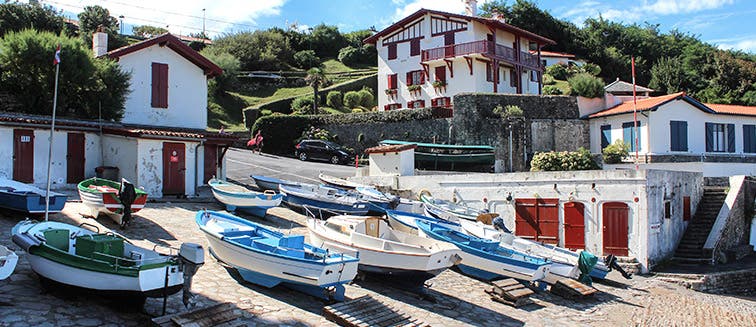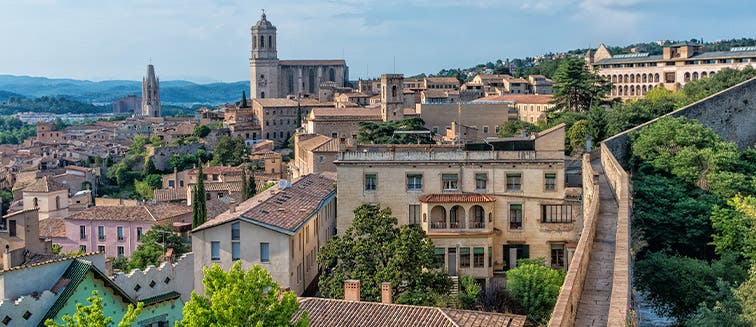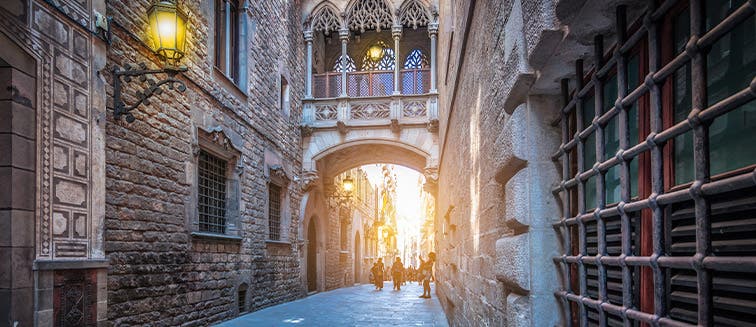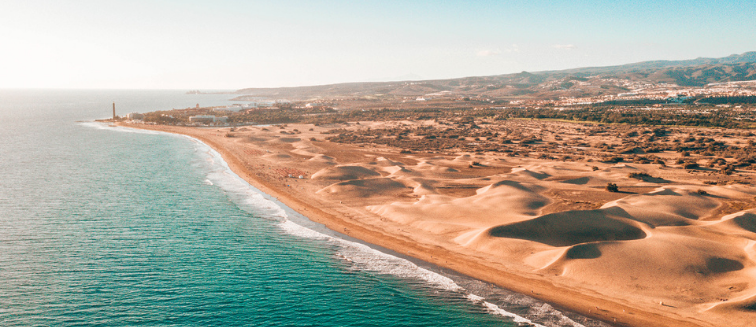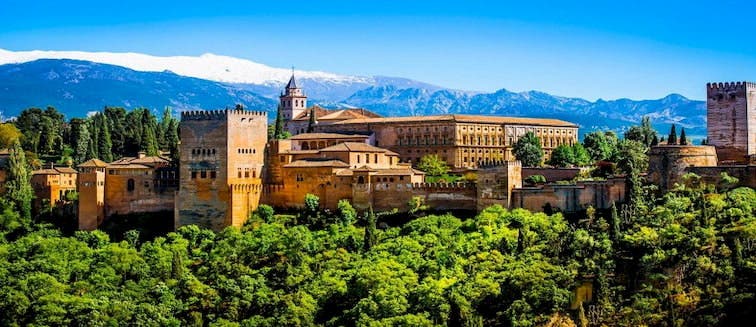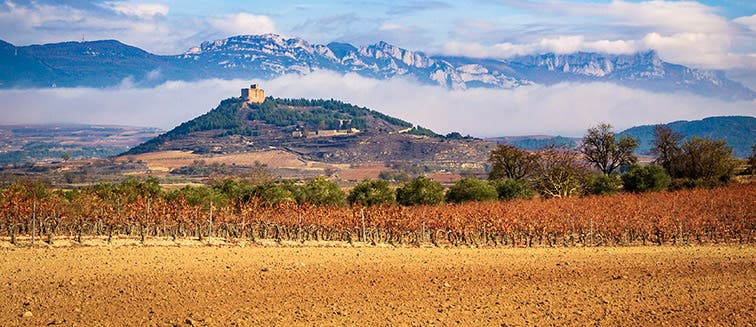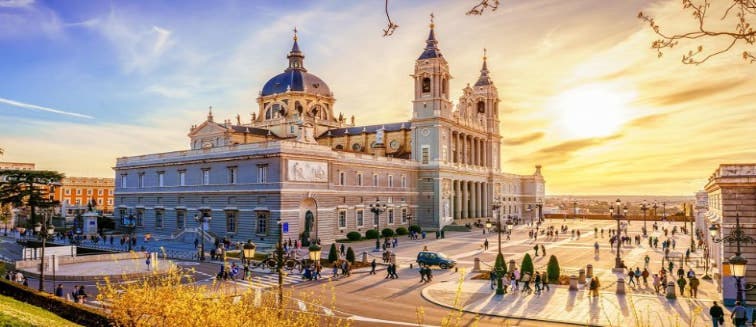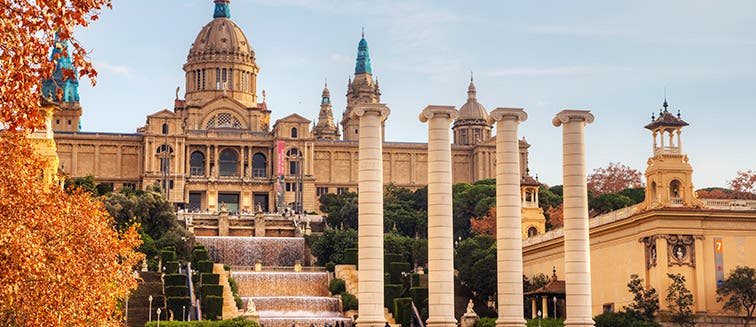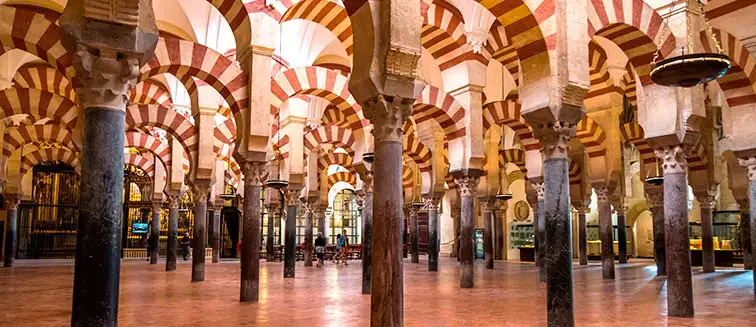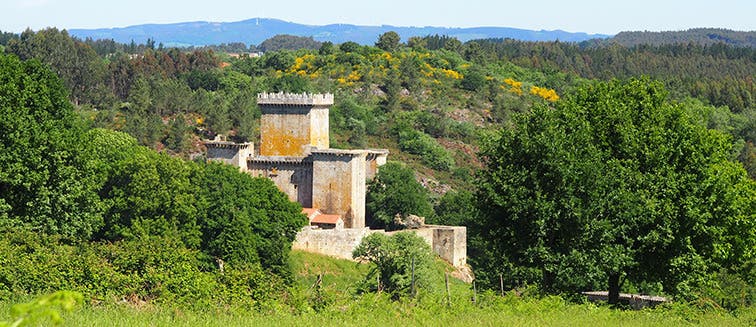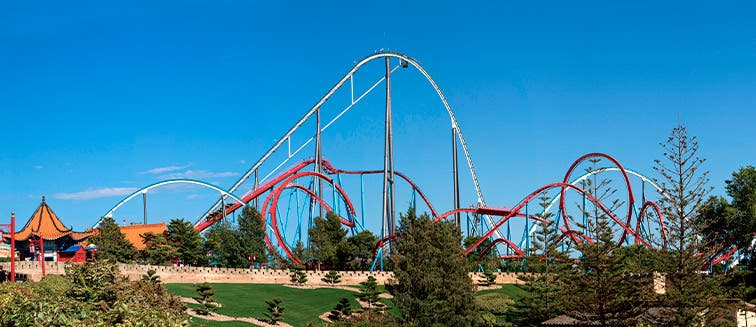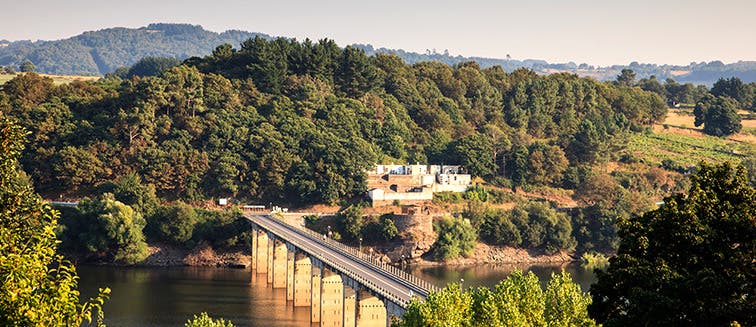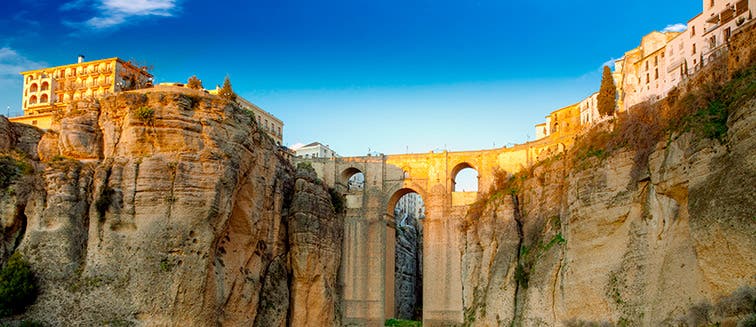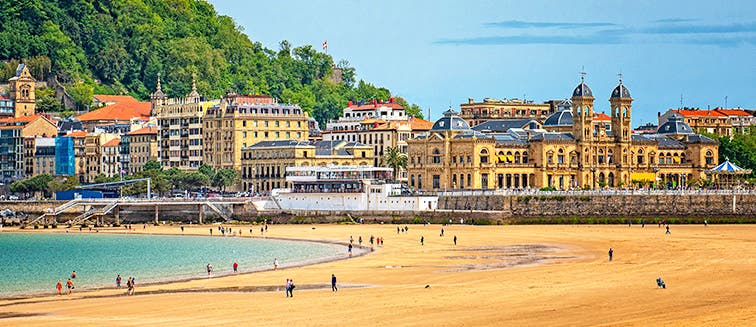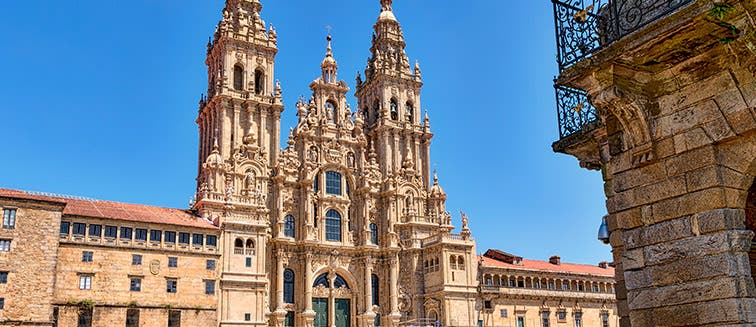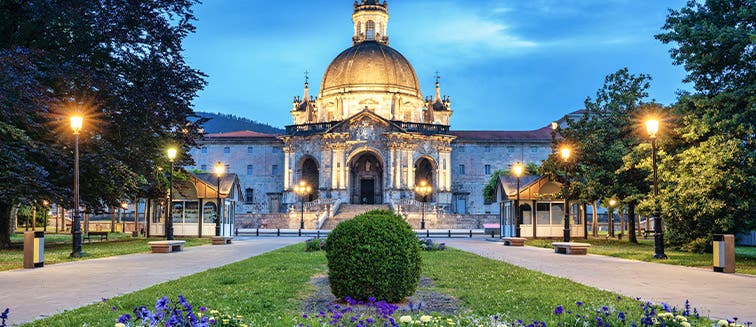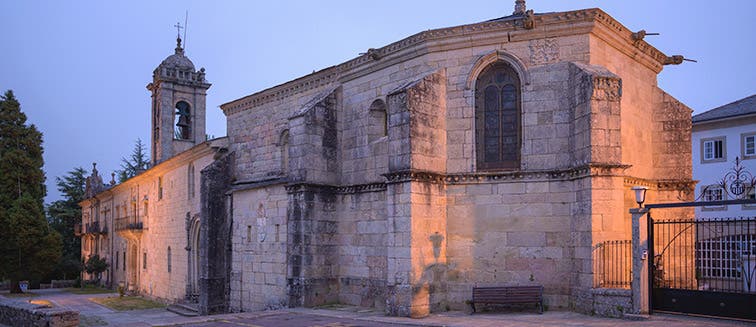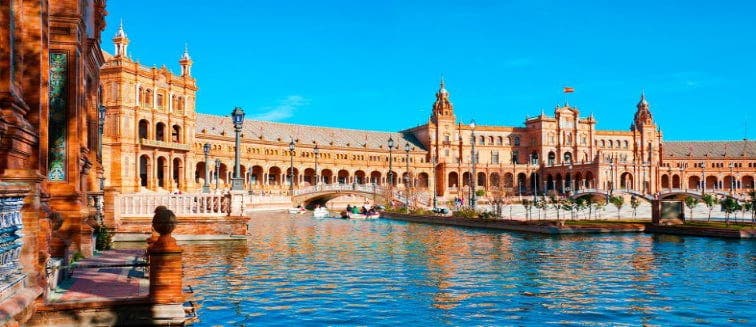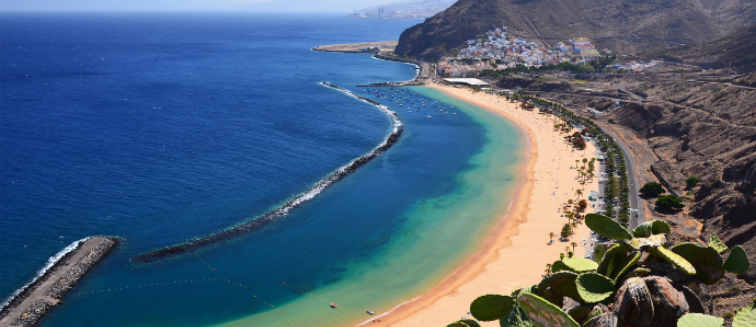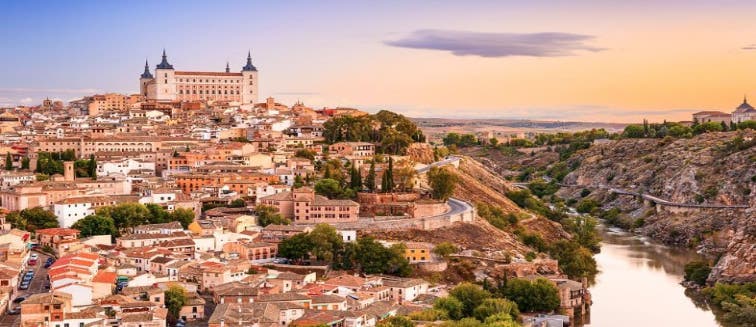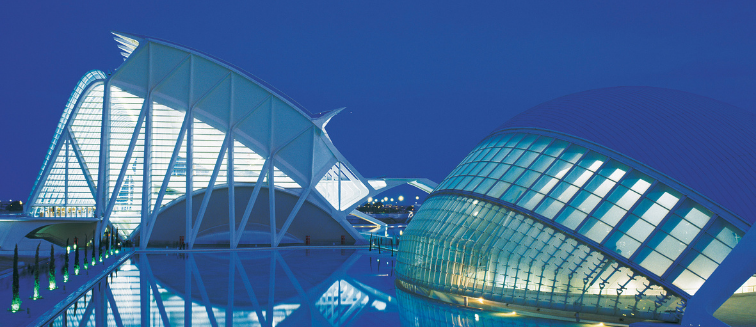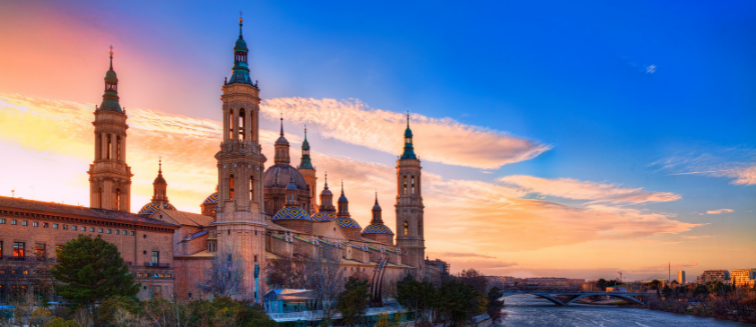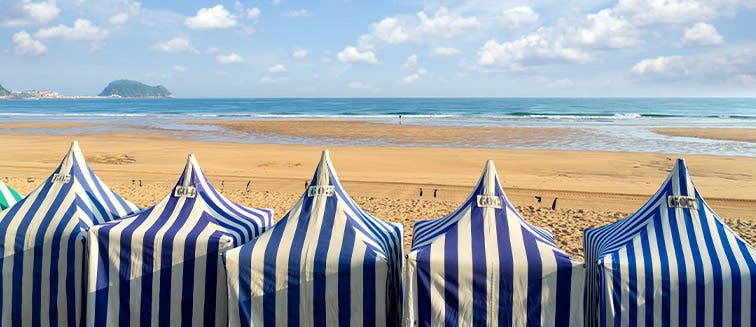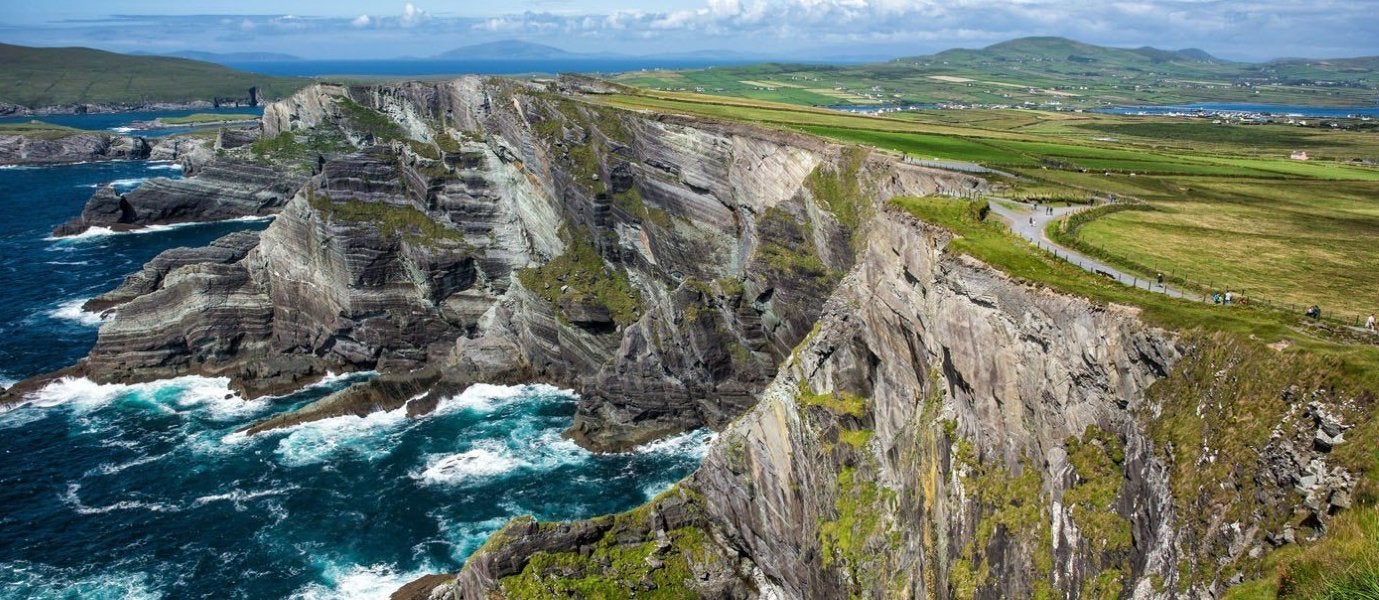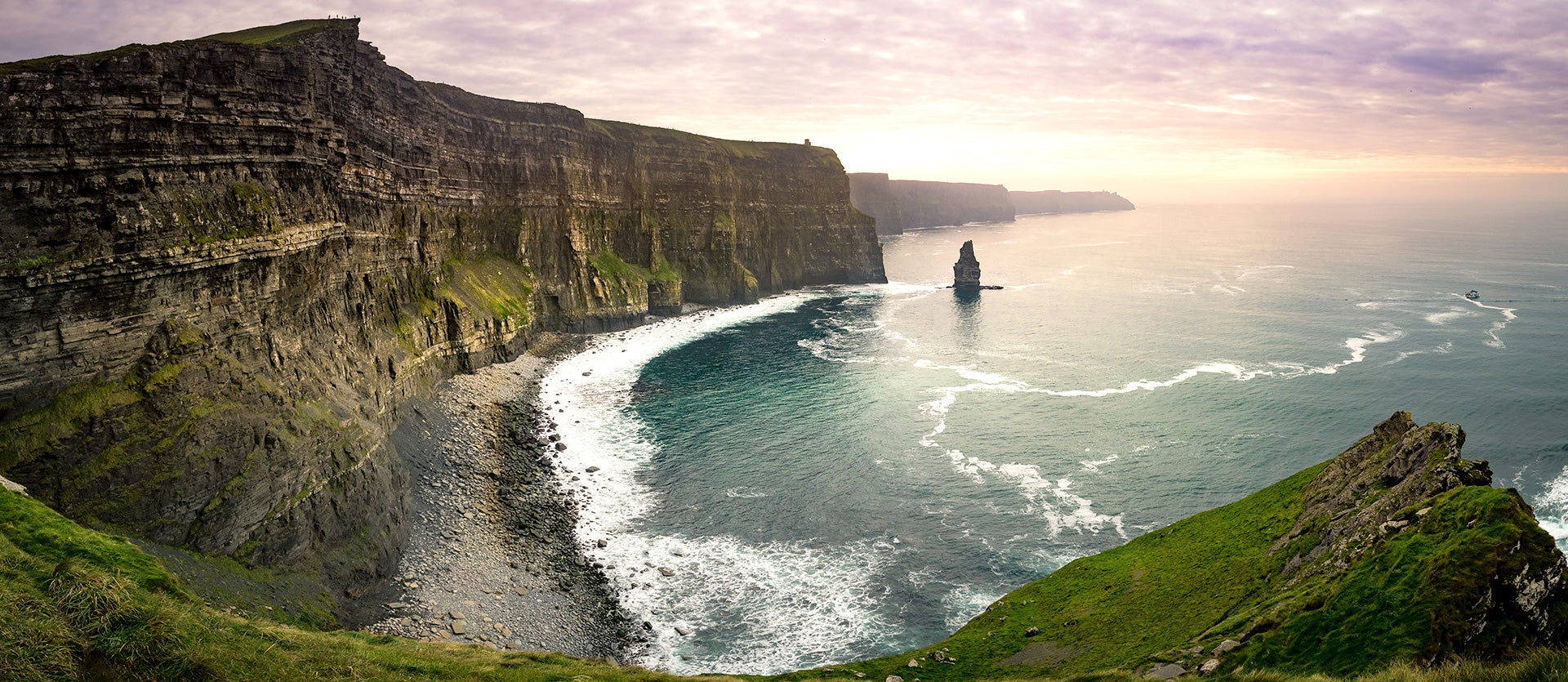A European giant, Spain covers most of the Iberian Peninsula and is bordered by Portugal to the west and France to the north. Composed of 17 autonomous regions, each with their own distinct characteristics, you can expect to encounter many different and vibrant cultures and traditions on a tour of Spain.
As well as the varied mainland, Spain also possesses a number of island territories, such as the Canary Islands and the Balearic Islands. Food, fiestas and a formidable national pride, Spain has long been the object of travelers affections for its laid-back atmosphere, sleepy seaside towns, and culture-filled cities.
Madrid is the country’s capital, known for its museums and fantastic nightlife, but the cities of Barcelona, Granada, and Valencia are equally as popular with tourists due to their own abundant sights and attractions. Art and creativity run through the veins of almost all facets of Spanish life from surprising festivals to the imaginative and other-worldly architecture of Gaudi and the soul-stirring dance of flamenco.
You are sure to fall in love with the passionate nature of the country and its people when you take a holiday to Spain. The country is home to the third most UNESCO World Heritage Sites in the world, after Italy and China, so you can rest assured there is plenty to see and do away from the generic beach resorts.
History of Spain
Famously the center of the globe-spanning Spanish Empire, before it’s own imperial power, Spain played host to a number of great civilizations, ranging from the Phoenicians to the Greeks, Celts, and Romans.
The Moors of the Umayyad Islamic Caliphate ruled most the Iberian peninsula from the year 726, their reign lasting almost 700 years and stretching across most of the country’s territory. On a tour of Spain, particularly of the southern regions such as Andalusia, you are sure to see the relics of this mighty empire for yourself in the unique architecture and buildings such as Granada’s phenomenal Alhambra.
Several conflicts were fought between the Christian northern kingdoms of Spain and the Moors, resulting in a unified Spain under Catholic monarchs by the late 15th-century. Soon, the kingdom of Spain would be known as the world’s first global empire, spanning from South America in the New World to the Philippines in Asia.
Spain’s global influence remained right up until the second half of the 20th-century. Contemporary Spain has overcome a turbulent 20th-century in its own lands, marred by civil-war and fascism. Nevertheless, Spain today is both a secular parliamentary democracy and a parliamentary monarchy, with King Felipe VI as king and head of state.
Nature in Spain
With mountains, islands, beaches, forests, lakes, and vineyards, Spain boasts an incredibly diverse terrain and is home to the most UNESCO Biosphere Reserves in the world.
Although you might be tempted to bask in the grandeur of the cities or the beauty of the beach resorts during your package holiday to Spain, there are a number of natural attractions that are worth leaving the sun lounger for!
One such wonder is the idyllic peaks of the ‘Picos de Europa’, which stretch across the regions of Asturias, Cantabria, and Castile & Leon. The surrounding national park of the same name is a brilliant destination for hiking and home to pretty, verdant landscapes. The area is sometimes called the ‘Lake district of Spain’.
In the north of the country, the Pyrenees stands out for their natural beauty. This emblematic mountain range is contained within several national parks and is a popular skiing destination during the winter months. It also forms a natural border between Spain and France.
Amazingly, another of Spain’s most popular ski resorts is situated in the southern region of Andalusia; the Sierra Nevada is one of Europe’s most southerly ski resorts, home to alpine forests and gorgeous natural landscapes. It’s snow-capped peaks rise out of the temperate Andalusian lowlands, so it is possible to visit both the beaches of the Costa del Sol and the ski resorts of the Sierra Nevada in the same day during a tour of Spain!
The diversity of nature in Spain continues to surprise visitors who venture to the unique Canary Islands. Here, on the island of Lanzarote, you can find the impressive Timanfaya Volcano and watch its volcanic geysers shoot hot water into the air. The black sand beaches are another highlight of this part of Spain.
Culture of Spain
Many visitors that choose a holiday to Spain are attracted by the country’s laid-back atmosphere and late-night culture. It is true that the Spanish prefer to eat their dinner late in the evening, usually around nine or ten o’clock but, with the exception of the hottest summer days, the siesta is not as widely enjoyed as you might think, although smaller shops tend to close for a couple of hours in the afternoons.
Traditional culture in Spain has strong ties to Catholicism, but it is also influenced by the Mediterranean climate and the waves of foreign invaders that left their mark over the centuries.
Spain’s artistic traditions are respected worldwide, having produced a countless number of daring and groundbreaking artists such as Salvador Dali, Joan Miro, Pablo Picasso, and Antonio Gaudi, to name but a few. Romantic painters such as Goya and Velazquez have also attracted international acclaim.
The arts are encouraged and celebrated in everyday life in Spain, and perhaps the most well-known illustration of this is the flamenco, an eternal dance, and art-form based on folkloric traditions and still widely practiced today. A trip to Spain is incomplete without watching a flamenco performance. The country is also known for its regional traditions and unique festivals. Bull-running, La Tomatina, the fires of Fallas and the Holy Week Parades are just a few examples of Spain’s diverse cultural heritageA holiday to Spain is a chance to adopt a slower pace of life whilst simultaneously indulging your senses in the vibrant nightlife, unique traditions and soul-stirring artistic passions of this historic and unbeatable destination. Head to the land of Don Quixote and discover, for yourself, that there is much more to Spain than its much-loved beach resorts.



